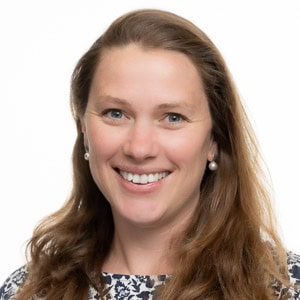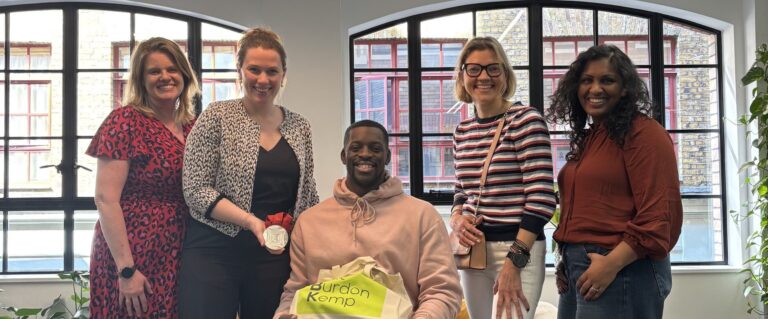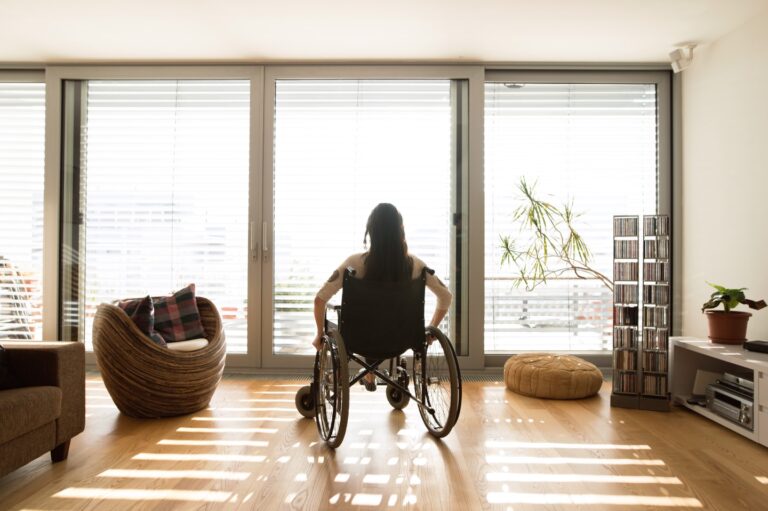
Menstruation to Menopause in SCI – a webinar round up
Bolt Burdon Kemp is passionate about women’s health, so the spinal team and I have been working hard to raise awareness of important topics in our field. Last week we joined forces with the Multidisciplinary Association for Spinal Cord Injury Professionals (MASCIP) for the second webinar ‘Menstruation to Menopause a Spinal Cord Injury Women’s Journey’.
The aim of the webinar was to provide practitioners in the field of spinal cord injury with information and training on topics which are often sadly overlooked for female spinal cord injury rehabilitation programmes.
More than 80 professionals attended to hear from experts covering subjects such as sex, menopause, bladder and bowel issues and the pelvic floor, so they could learn tools to enhance and support their practice.
Bolt Burdon Kemp had the idea to run the M2M series as we are aware issues surrounding women’s health are not openly discussed and availability of information is limited.
MASCIP, which promotes standards in spinal cord care, agreed there was a training need, and we were thrilled with the insight and knowledge its professional speakers were able to share, hopefully helping many females living with spinal cord injury for years to come.
For me, who doesn’t have a spinal cord injury, my big takeaway was to ensure I do my pelvic floor exercises!
This year we were joined by five speakers covering a variety of topics:
Michelle Donald – Relationships and intimacy following SCO
Emma Linley- Equipment for sexual intimacy
Sally Reffold – Spinal cord injury and the pelvic floor
Jane Stanbridge – Bladder and bowel considerations in relation to menstruation to menopause
Sucheta Iyengar – Menopause and spinal cord injury.
We had some great feedback, with one attendee telling us: “You have delivered another inspiring and informative afternoon. I’m quite certain this will make a difference to the services we deliver.”
Others commented on our “fabulous” speakers who were “hugely informative”.
All of the speakers highlighted the importance of talking about these issues and drawing on the knowledge of others within the clinical setting.
I really hope this prompts clinicians to open up discussions and not shy away from these issues which are so fundamental to a woman’s life.
It’s our aim to continue to try and help educate people on this topic, so watch this space for further content.










